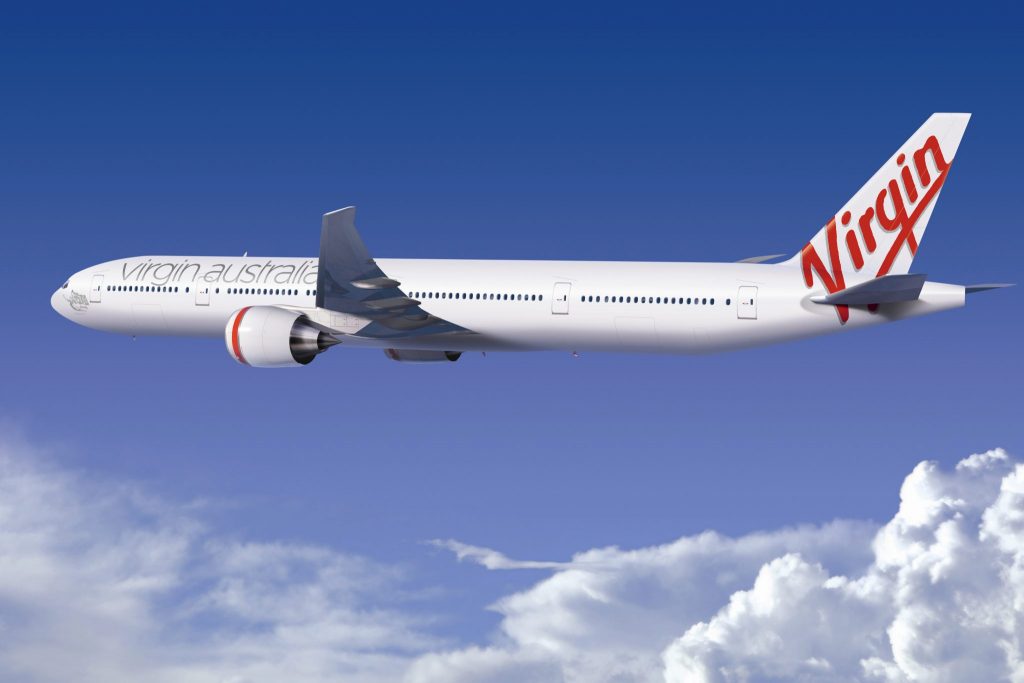Skift Take
All eyes are on Virgin Australia’s new CEO, Paul Scurrah, to see if he can stem the losses and lead the airline into profitability. Scurrah inherits a very different airline from the one John Borghetti joined eight years ago, but shareholders are keen to see profits and a return on their investment.
After a six-month international search, Virgin Australia has announced Paul Scurrah as successor to CEO John Borghetti who steps down on March 25.
Scurrah, who has more than 20 years’ experience in transport, logistics, travel, and aviation, was an unexpected selection, with industry insiders earlier tipping internal Virgin candidates Rob Sharp and Merren McArthur as well as former Hawaiian Airlines head Mark Dunkerley.
Scurrah has held CEO roles at DP World Australia, the country’s leading container terminal stevedore, and Queensland Rail, as well as executive general management roles at Flight Centre, Aurizon and Tourism Queensland.
One of his most pressing challenges will be addressing the fall-out from Air New Zealand’s termination of its agreement with Virgin to share lucrative trans-Tasman services.
Aviation analyst Peter Harbison, executive chairman of the Centre for Aviation, recently told the Sydney Morning Herald that the trans-Tasman market is “by far the most pressing issue that Virgin has to address at the moment, by a country mile.”
As Skift reported last August, Virgin was the big loser when Air New Zealand terminated its codeshare with Virgin Australia after seven years of co-operation across the Tasman, aligning instead with rival Qantas Airways.
Borghetti, a former Qantas executive, transformed Virgin from a low-cost carrier to a formidable full-service competitor to the flag carrier. However, his eight-year tenure at the airline was marked by a sea of red ink, with the airline failing to turn in a profit for the past six years.
Last year, Virgin recorded a loss after tax of A$653 million ($473 million), up from the A$186 million ($135 million) loss in 2017. That was despite a significant rise in revenues, up 7.8 percent to A$5.4 billion ($3.9 billion). Those results don’t reflect the full impact of the Air New Zealand termination, and analysts are expecting more red ink when the trans-Tasman effects start to bite.
But group chairman Elizabeth Bryan, in making the announcement Wednesday, stressed that Scurrah inherits a strong business and referred to his strong leadership credentials to “consolidate the group’s achievements and continue to build momentum into the future.”
“During his time at DP World Australia, Paul led the business through significant industry change, improved commercial performance, delivered substantial improvements in safety and culture, and increased customer and staff satisfaction to the highest levels in the company’s history,” she said.
Scurrah officially commences in his role on March 25 and will also join the board as an executive director.
“Leading the Virgin Australia Group is an immense honor and privilege,” Scurrah said. “The group has positioned itself as a real competitor in the market with its ability to deliver across all segments and I am excited to be joining such a progressive and innovative business. I look forward to meeting the team and building on the group’s success.”
The Daily Newsletter
Our daily coverage of the global travel industry. Written by editors and analysts from across Skift’s brands.
Have a confidential tip for Skift? Get in touch
Tags: air new zealand, qantas, virgin australia
Photo credit: Virgin Australia Boeing 777-300ER. Photo courtesy Virgin Australia.

